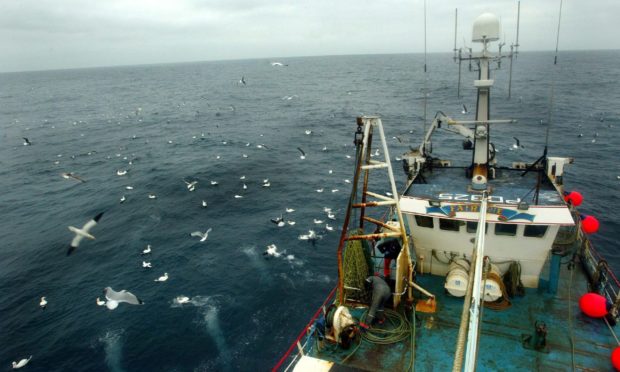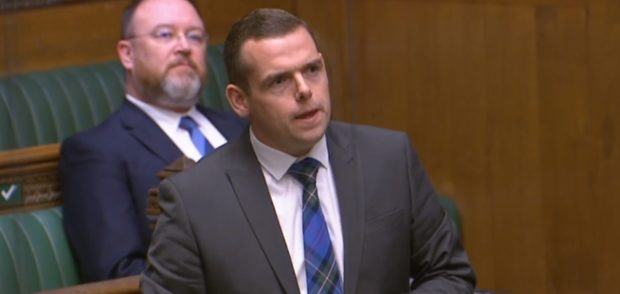Britain has moved a step closer to becoming an independent coastal state, after MPs voted to bring back fisheries management powers from Brussels.
The Fisheries Bill, which sailed through the Commons on Tuesday evening, lays the foundations for the future management of stock and will end the current automatic rights for EU vessels to fish in British waters.
It contains a legal requirement for all fishing to be carried out at “sustainable levels”, and sets out guidelines for the UK Government and devolved administrations to “co-ordinate fisheries management where appropriate”.
Environment minister Victoria Prentis said the Bill “learns the lessons” from the hated common fisheries policy.
She said: “This Bill marks a really important step forward as we leave the inflexibilities of the common fisheries policy (CFP).
“It puts in place the framework necessary for the UK to operate as a responsible, independent coastal state. It allows us to ensure that we have sustainable fisheries to provide benefits for future generations.
“The Bill’s fisheries objectives place sustainability front and centre of this Bill. Six out of the eight objectives relate to protecting the environment. It’s critical that we’re able to balance these objectives as we need to.”
Scottish Tory leader Douglas Ross said the Bill would allow the UK to “take back control over our fishing industry, which has for too long been dominated by decisions in Brussels.”
He said: “We’ve left the EU, when we leave the transition at the end of this year we come out of that straightjacket of the common fisheries policy, that hated CFP that has done so much to damage our industry over the last 40 years.
“We can now start to build back again, build back our fishing industry, our fleet, our crews, our catches and also what they mean to these individual communities.”
Bill ‘hastily cobbled together mess’
The SNP led the charge against the proposals, however, saying the Bill was a “hastily cobbled together mess”.
The party’s fisheries spokeswoman, Deidre Brock, said: “This Bill is not what is needed, there is a shortfall between the great expectations that fishers and producers were fed by this government and the actual deliverables, it’s not enough, it’s not in time and it doesn’t do what it says on the tin.”
She added: “Brexiteers relied heavily on the fishing argument during the referendum, promising that leaving the EU would produce a ‘sea of opportunity’.
“That was only ever going to be for some of the fleets, and I fear that it will turn out to be nonsense for all of them.”
The Bill, after receiving the backing of MPs, will shortly become law after receiving Royal Assent.
The legislation will come into effect when the Brexit transition period ends at the end of December.

